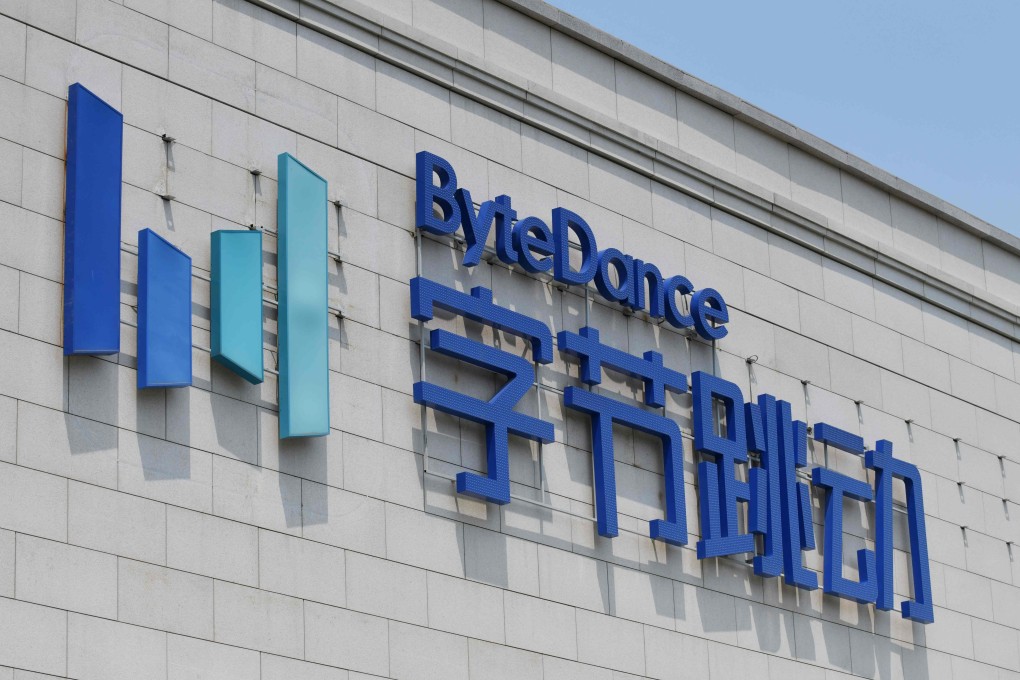TikTok maker ByteDance launches a new casual game store and indie publisher to take on Tencent and NetEase
- The mobile game store Danjuan Games and indie publisher Pixmain represent a renewed focus on less complex games for ByteDance
- The social app giant has struggled with mid-core games Art of War: Infinity Evolution and JJ Street Basket in its effort to take on its Chinese rivals

With the recent launch of a new casual gaming platform and independent games publisher, TikTok maker ByteDance is continuing a push into an entertainment segment in China long dominated by competitors Tencent Holdings and NetEase.
In October, ByteDance launched a new mobile-only game store called Danjuan Games, which is currently full of casual titles like puzzle games and simple side-scrollers. Then just this month, the company unveiled a new publishing arm called Pixmain at the WePlay Game Expo in Shanghai. It currently has five independently developed (indie) games in the pipeline, all of which will be available on mobile. Three will also be released for PC and one, Grimvalor, will get a version for Nintendo Switch.
ByteDance has been rapidly expanding its gaming operations in recent years as it seeks new ways of monetising the attention of its users. The company appears to be following a path similar to that of Tencent, which paired social media and video games in China with very lucrative results, according to analysts.
“ByteDance also has an advantage with Douyin and TikTok as it is able to acquire users in a similar way to how Tencent does with WeChat and QQ,” said Zeng Xiaofeng, vice-president of game consultancy Niko Partners.
Danjuan and Pixmain join the three game studios that ByteDance has already launched: Nuverse, PixDance and Ohayoo.
While Ohayoo is also focused on casual games – usually free, easy-to-play mobile games like Candy Crush – Nuverse and PixDance focus on mid-core and hardcore games of varying complexity. Mid-core games require more effort than casual ones while hardcore games are often big, competitive titles. It is the difference between Supercell’s Clash of Clans and Tencent’s Honour of Kings.